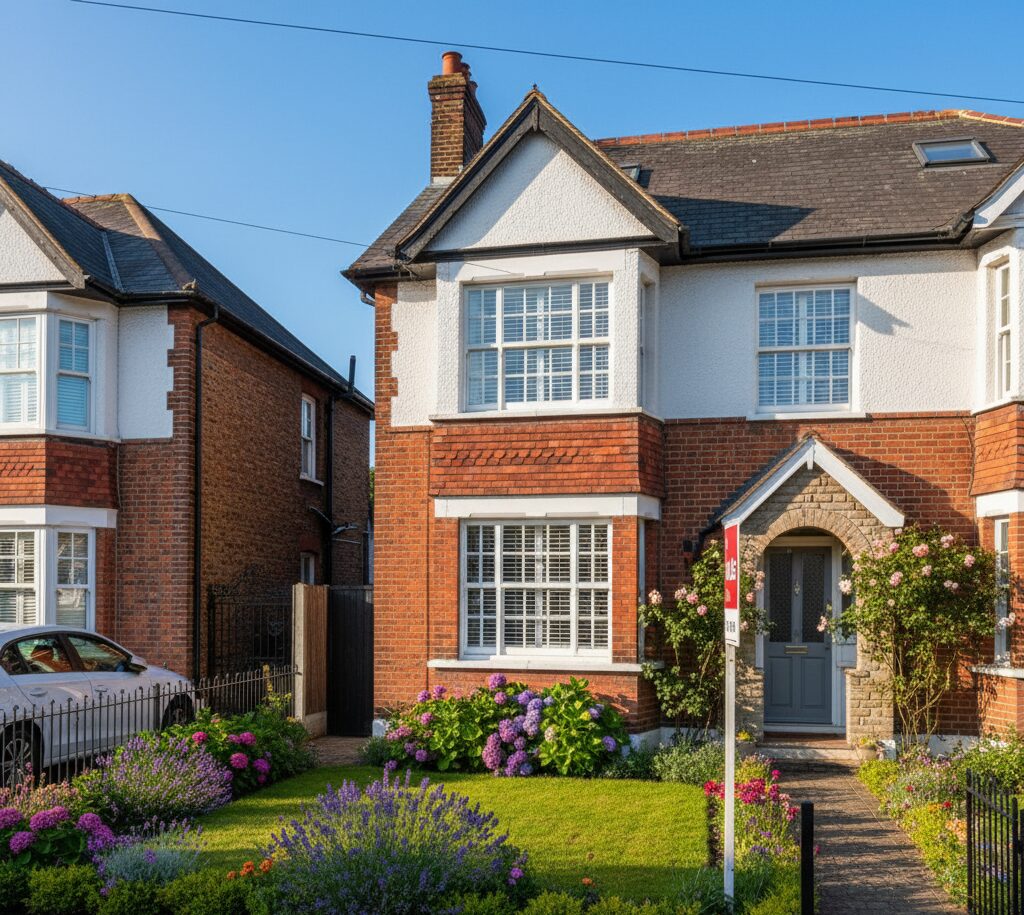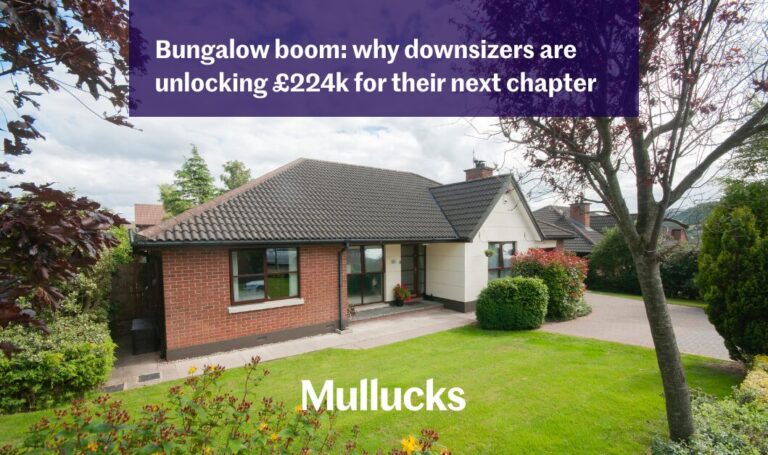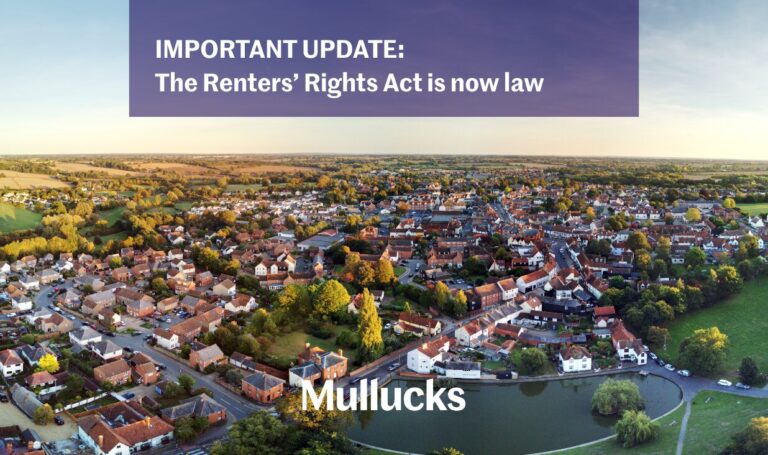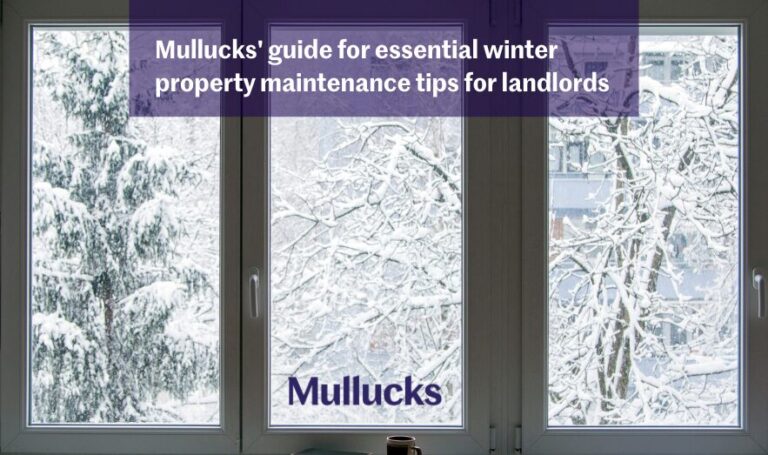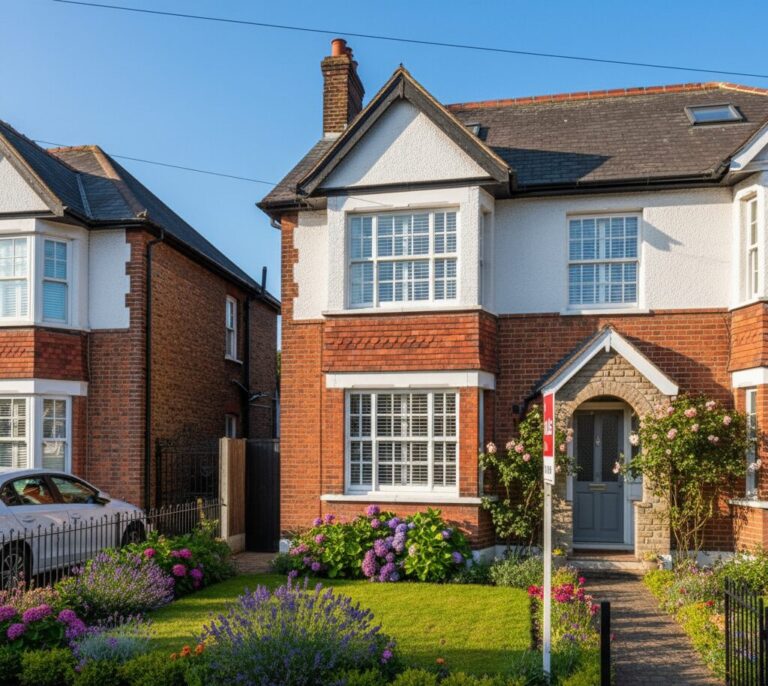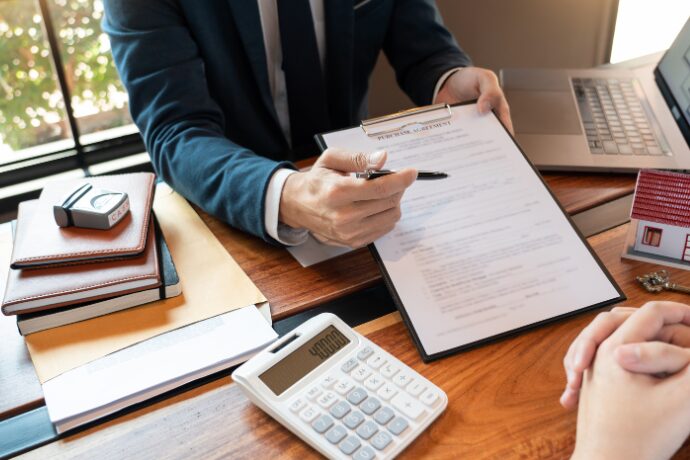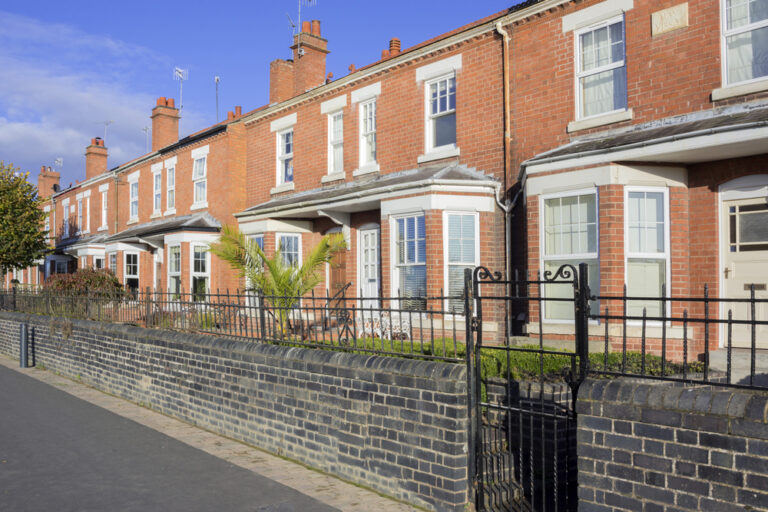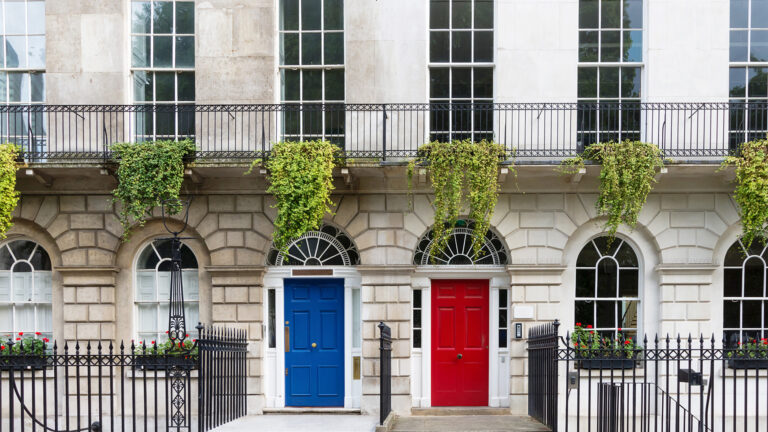For most people, the biggest question when selling their home is: how much money will I actually end up with? Whether you’re using the proceeds as a deposit on your next property or releasing equity to fund new plans, knowing what you’ll walk away with can make a big difference to your future decisions.
In this guide, we’ll look at what really goes into your “take-home” amount, the costs and taxes you’ll need to consider, and some simple ways to maximise your profit.
Related: Sell Your House in Essex & Hertfordshire
Do you get all the money when you sell your house?
It’s a common misconception that the entire sale price goes straight into your account. In reality, selling a property comes with costs, and these are usually deducted before you see a penny. Your conveyancer will take the money from the buyer and then use it to settle your mortgage, pay the estate agent and solicitor, and cover any additional charges. Only after that will the remaining balance be transferred to you.
How to calculate your profit from a house sale
The simplest way to think about it is:
Sale price – (Mortgage balance + Selling costs) = Net proceeds
For example, if your home sells for £250,000, you still owe £25,000 on your mortgage, and selling costs amount to £5,000, you’ll be left with £220,000. When your sale completes, your solicitor will send you a detailed completion statement that sets out exactly what’s been paid and how much you’ll receive.
What costs do you lose when selling a house?
Here are the main deductions most sellers face:
- Estate agent fees – usually between 0.75% and 3% of the sale price plus VAT
- Conveyancing solicitor fees – typically £550–£1,500 including VAT, plus extras like Land Registry charges
- Mortgage fees – such as Early Repayment Charges or exit fees
- Removals and insurance – from full packing services to DIY van hire
- Final utility bills – and any property-related charges
- Repairs or improvements – carried out before listing
It’s easy to underestimate how these costs add up, so having a rough budget before you start will help avoid surprises.
When will I receive the money?
You’ll get the proceeds of your sale on completion day, the point when the buyer officially becomes the new owner and the keys are handed over. At this stage, the buyer’s solicitor sends the money to your solicitor, who pays off your mortgage and fees before transferring the balance to you.
Be cautious, though: payment diversion fraud is a real risk. Always confirm bank details directly with your solicitor over the phone or in person, never rely on an email alone.
Related: How to make your home stand out
How will I know how much money I’ll get?
While the final figure only becomes clear on completion, you can get a good idea in advance. Start with your estate agent’s valuation, work out their commission percentage, and then deduct your likely solicitor and moving costs. For example, if your home is valued at £250,000 and your agent charges 1.5%, you can budget around £3,750 plus VAT for their fee.
During the conveyancing process, your solicitor will prepare a completion statement showing every deduction, from mortgage redemption and agent fees through to Land Registry costs. If the property is jointly owned, the balance will then be divided according to your ownership agreement.
Does selling your house count as income?
For most homeowners, the answer is no. Selling your main residence doesn’t count as income, so you won’t pay Income Tax on it. However, if you’re selling a second home, a buy-to-let, or an inherited property, you may need to pay Capital Gains Tax (CGT) on any profit.
The only time property sale proceeds are treated as income is if you’re a property developer or trader. In that case, profits are taxed as business income, either Income Tax if you’re self-employed, or Corporation Tax if you operate as a company.
What taxes do you need to pay?
Capital Gains Tax (CGT): If the property isn’t your main home, CGT is due on profits above your allowance. You may also need to pay if you rented it out, used it for business, or the grounds are larger than 5,000m². CGT must be reported and paid within 60 days of your sale.
Inheritance Tax (IHT): This applies if you’ve inherited a property. IHT is charged at 40% on estates worth more than £325,000. For example, if you inherit a home worth £400,000, the taxable portion is £75,000, meaning a £30,000 tax bill. If you then sell the property, you may also face CGT on any profit.
Can you move your mortgage to a new home?
If you’re selling and buying at the same time, you might be able to port your mortgage. This means keeping your existing deal but reapplying with your lender against your new property. They’ll reassess your affordability, carry out a valuation, and usually charge a fee. The costs depend on whether you’re borrowing more or less than before.
Alternative ways to sell
Some sellers look at quicker options. An assisted sale involves agreeing on a guaranteed amount with a company, which then covers costs and markets the property on your behalf. This can be helpful for second or inherited homes, but comes with fees.
A cash buying company can provide a fast sale, often within weeks, but usually only pays around 70–80% of market value. While you won’t face agent or legal costs, the lower price means you’ll need to weigh up whether speed is worth the sacrifice. Always research carefully and check a company’s credibility before proceeding.
Related: What happens after an offer is accepted?
How to increase the amount you get
One of the best steps is to hire a strong estate agent. The best agents are skilled negotiators and marketers, able to highlight your property’s key features and secure better offers by using comparison tools, which can help you find the top performers in your area.
Presentation also plays a big role. Investing in small repairs, a professional clean, or even staging can make your home look its best for photos and viewings, often resulting in higher bids.
Finally, removal costs also vary hugely, so comparing quotes is worthwhile.
Net proceeds vs profit
It’s important to distinguish between net proceeds and profit. Net proceeds are what you receive once the mortgage and selling costs have been paid. Profit takes things further by factoring in what you originally paid for the property. Understanding the difference is crucial, especially when considering taxes.
Final Thoughts
You won’t know the exact figure until your sale completes, but with some planning, you can estimate how much you’ll walk away with. By factoring in fees, taxes, and mortgage terms, and by working with a trusted estate agent like Mullucks, you’ll be in the best position to maximise your profit and move on with confidence.
Ready to sell? Book a free valuation today and find out exactly how much you could make.
